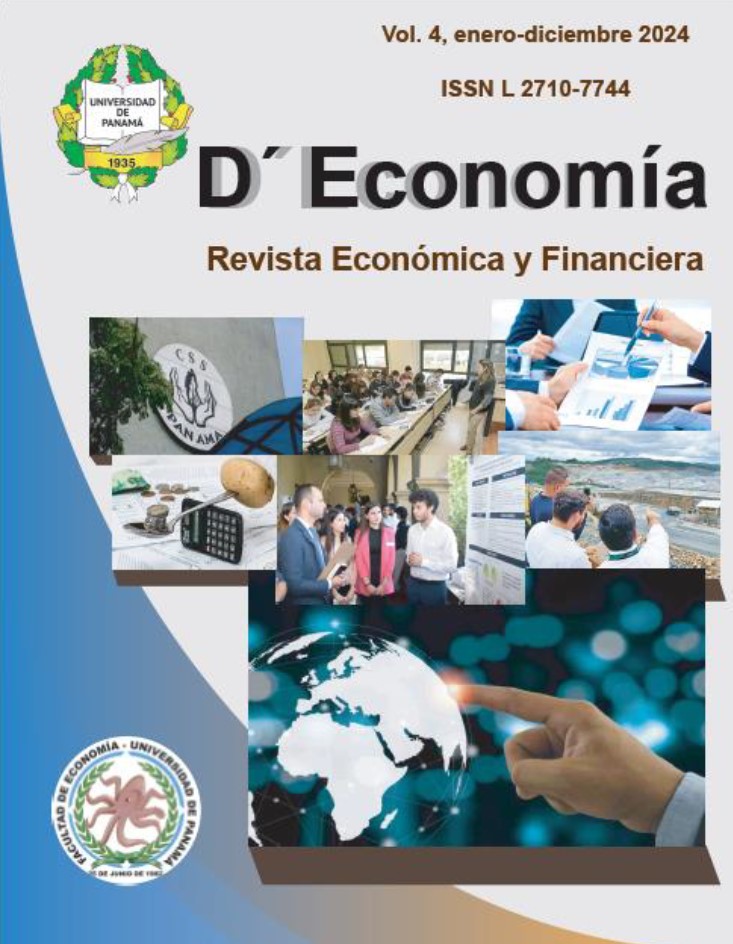

The objective of this article is to evaluate the results of the Perception survey of Panamanian society after a year of the COVID-19 pandemic, in specific socioeconomic aspects. The methodology used was to develop an instrument in an interdisciplinary team with questions of a sociopolitical, socioeconomic, socioecological and sociopsychological nature; aimed at a representative sample of 1,500 people of different age ranges in urban areas nationwide and the method for applying the surveys, given the circumstances, was online surveys.
The results of the survey allow us to see the feelings of the Panamanian population, before and during an unexpected and radical change in their lives that the pandemic brought. It is also the mirror of a youth increasingly concerned with their future and the future of the country. They demonstrate that more equitable public policies are required, with a greater gender perspective, integration, with greater access of the population to technology and that lay the foundations for the construction of a more balanced and fair society; so that society prepares for the new challenges that globalization, climate change, urban overpopulation and mainly quality education that allows us to ensure a better world for new generations. The survey also shows that Panamanian society feels worried and needs material help to buy food, get medicine, and other emerging problems. 74% of those surveyed thought that state support policies for the population should be maintained, such as moratoriums, bonuses, and subsidies.